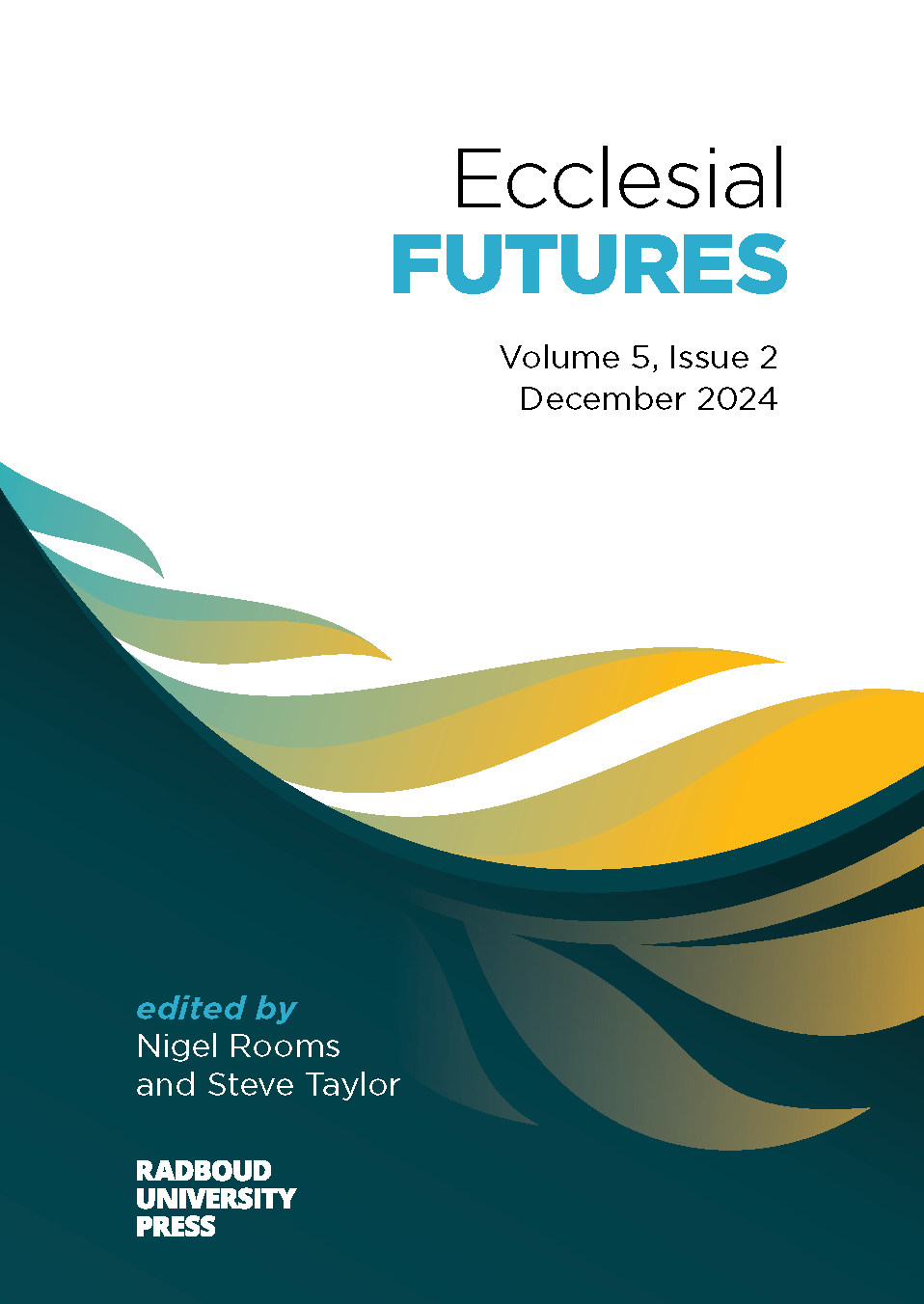Examining Filipino Popular Piety in the light of Vatican II’s Directory of Popular Piety and the Liturgy: Principles and Guidelines
DOI:
https://doi.org/10.54195/ef19163Keywords:
popular piety, liturgy, inculturation, popular religiosity, devotionAbstract
Celebrating popular piety in different regions reflects the vibrant, diverse, and festive culture of the Philippines. The innumerable religious practices through rites and ceremonies show the intensity and vibrance of Filipino Catholic spirituality. It is part of the
heritage and unique identity of the Filipino Catholic Church to the extent that it also impacts the local liturgical calendar. Given this distinctive characteristic of popular piety, finding its harmony with the liturgy is challenging. The focus on the ritual aspect of popular piety diverges from orthodoxy, raising conflict between its praxis and Church teachings, which allows for misinterpretation and syncretism. This paper will employ a descriptive research design to assess the reception of Vatican II’s Directory of Popular Piety and the Liturgy: Principles and Guidelines (DPPL), using the method of critical reflection. It comprehensively analyzes the reception of DPPL and its profound impact on Catholicism in the Philippines. This study aims to establish an understanding of popular piety as a valid form of worship through analysis and evaluation of the process of inculturation to foster a deeper understanding and appreciation of these practices. It enriches theological discourse on the realm of inculturation, which leads to the preservation of cultural heritage and the understanding that popular piety is an encounter of evangelization and culture that should be treated with profound respect and mutual understanding.
Downloads
Downloads
Published
Issue
Section
License
Copyright (c) 2024 KEVIN MAICOM

This work is licensed under a Creative Commons Attribution 4.0 International License.










